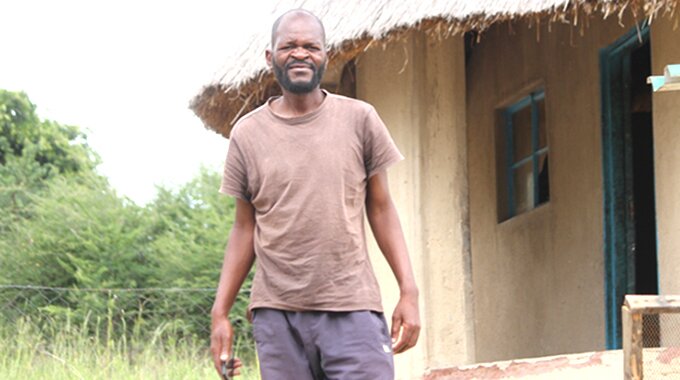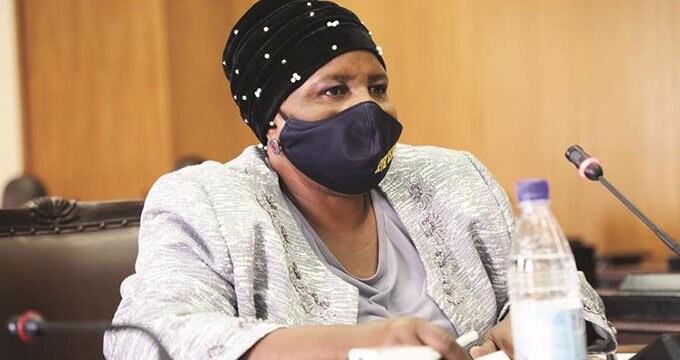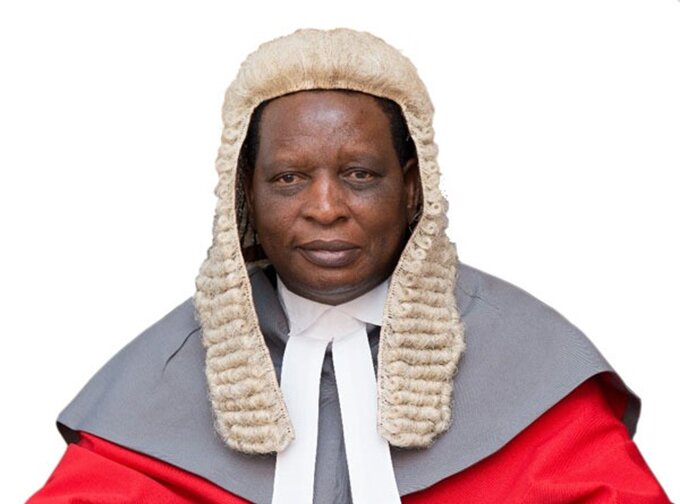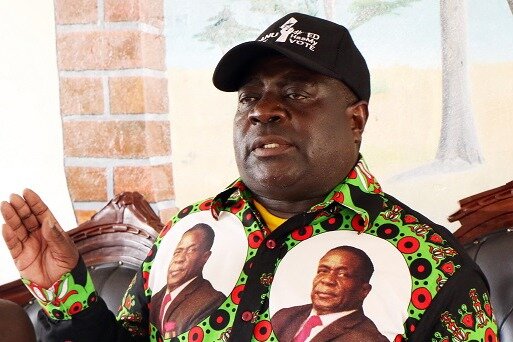ZIMBABWE’S crippling US$18,9 billion debt crisis is severely affecting women and other marginalised groups, local non-governmental organisation ActionAid Zimbabwe has said.
The country is currently saddled with a national debt overhang of around US$18,9 billion, which includes a US$10 billion foreign debt, and has been in arrears since early 2000, which has made it difficult to get access to funding from external creditors.
BY MELODY CHIKONO
A recent study by ActionAid Zimbabwe titled “Zimbabwe’s Debt Distress and its implications on Gender Responsive Public Services and Who Cares for the Future: Finance Gender Responsive Public Services” reveals that the country’s debt distress has resulted in deep-seated inequality, and unpaid care work mostly by women.
“Public indebtedness over the past three decades has led to a significant increase in the burden of care and unpaid work for women,” the ActionAid Zimbabwe report said.
ActionAid projects officer for women’s rights Farisai Madhaka told delegates during a recent multi-stakeholder debt conference by the African Forum for Debt Network on Debt and Development (AFRODAD) and the Zimbabwe Coalition on Debt and Development (ZIMCODD) that Zimbabwe’s indebtedness had resulted in a majority of women living in poverty, and struggling to access good quality public services.
“Debt has affected the concept of gender responsive public service delivery, particularly the provision of safe and clean water and sanitation. The study by ActionAid shows that loan acquisition by government, utilisation of loans and repayments have left women worse off as they still bear the brunt of the negative social effects of public debt in Zimbabwe,” Madhaka said.
Advertisement
The ActionAid Zimbabwe report also shows that countries that spend more than 12% of their budgets servicing contracted debts are invariably forced to cut their spending on public services.
Madhaka said the majority of women living in poverty needed access to good quality public services if their lives were to improve. She said generally Zimbabwe was struggling with general public service delivery, and there were no gender responsive mechanisms, which had forced women to subsidise the public services that are not provided by the government.
ZIMCODD in a statement said: “There is need to fully acknowledge that Zimbabwe is in a serious debt crisis and ensuring that the resolution of the debt issue should involve civil society.”
– NEWSDAY








